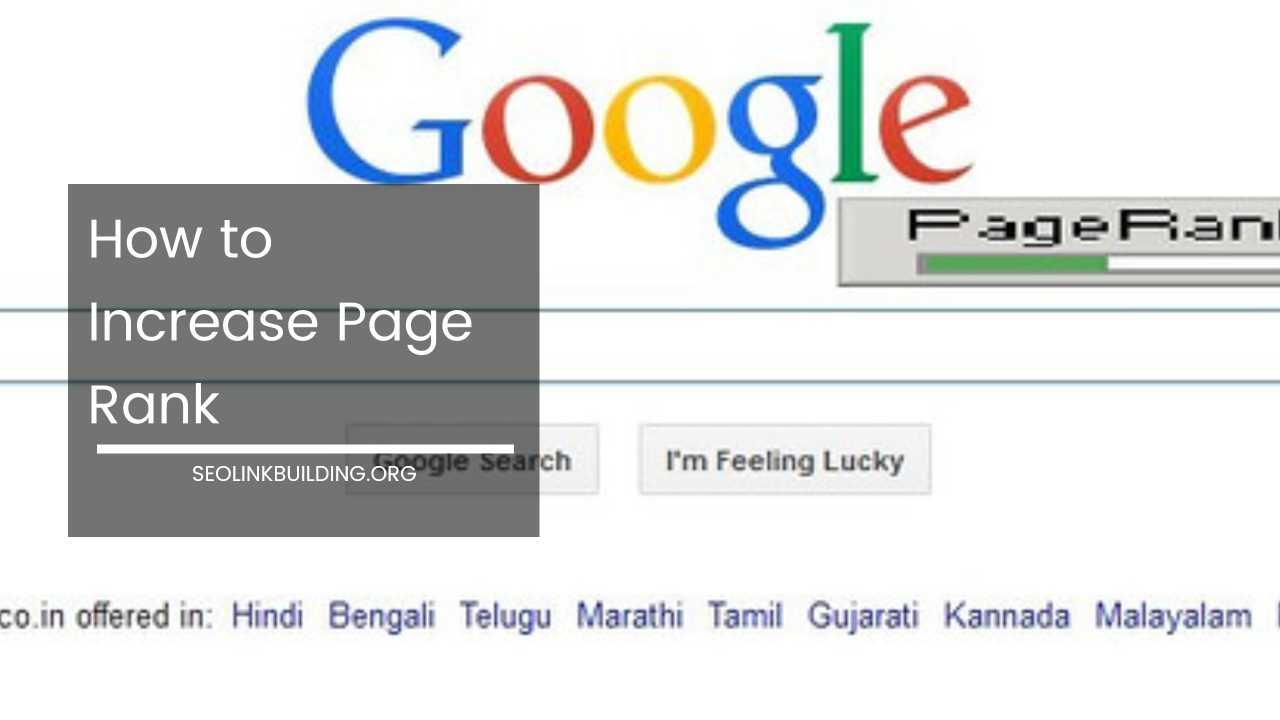What is SEO and How Does It Work

What is SEO and How Does It Work
In the vast digital landscape, where millions of websites vie for attention, Search Engine Optimization (SEO) plays a crucial role in determining a website’s success.
SEO is the practice of optimizing web pages and content to improve their visibility on search engine results pages (SERPs).
By understanding how SEO works, businesses and website owners can increase their online presence, attract more organic traffic, and reach their target audience more effectively.
Understanding Search Engines
At the core of SEO lies the understanding of how search engines work. Search engines like Google, Bing, and Yahoo use automated bots known as crawlers to discover web pages and gather information about them.
These crawlers then index the content, making it available for search queries. The ranking of web pages on SERPs is based on various algorithms that take into account factors like relevance, authority, and user experience.
On-Page SEO
On-page SEO involves optimizing individual web pages to improve their search rankings and attract more relevant traffic. One of the first steps in on-page SEO is thorough keyword research and selection.
By identifying the keywords that potential visitors are using to search for information, products, or services, website owners can tailor their content accordingly.
Meta tags and descriptions are essential elements of on-page SEO. These HTML tags provide search engines with information about the content of a page.
A well-crafted meta description can entice users to click on the link when it appears in search results.
URL structure and site navigation also play a role in on-page SEO. Search engines prefer URLs that are descriptive and easily understandable, and a logical site navigation ensures that users can find what they are looking for without frustration.
Off-Page SEO
While on-page SEO focuses on optimizing content directly on the website, off-page SEO involves activities that take place outside the website but still impact its search engine rankings.
One of the most critical aspects of off-page SEO is building high-quality backlinks. When reputable websites link back to a site, it signals to search engines that the content is valuable and trustworthy.
Social media also plays a significant role in off-page SEO. Content that gets shared on social media platforms has a better chance of reaching a broader audience, which can lead to more backlinks and increased visibility.
Technical SEO
Technical SEO focuses on the backend aspects of a website that affect its visibility in search engines. Site speed and performance are critical factors, as search engines prioritize websites that load quickly and offer a seamless user experience.
Mobile-friendliness is another crucial aspect of technical SEO. With the increasing use of mobile devices for online searches, search engines now prioritize mobile-friendly websites in their rankings.
Implementing structured data and schema markup helps search engines understand the content and context of a page better. This can lead to rich snippets in search results, making the website stand out.
Local SEO
For businesses with physical locations, local SEO is essential for attracting nearby customers. Local SEO involves optimizing the website for local search queries and appearing in local business directories.
Google My Business optimization is a crucial part of local SEO. By claiming and optimizing their Google My Business listing, businesses can provide essential information to potential customers and improve their chances of showing up in local map packs.
SEO Tools and Analytics
Numerous tools are available to aid in SEO efforts. Keyword research tools help identify relevant keywords, while website analytics tools track and measure website performance.
Analyzing SEO data is essential to understand what works and what doesn’t. Website owners can monitor traffic, user behavior, and other key metrics to make informed decisions and continuously improve their SEO strategy.
Black Hat vs. White Hat SEO
When it comes to SEO, there are ethical and unethical practices. Black Hat SEO involves techniques that try to manipulate search engine algorithms for quick results but violate search engine guidelines. Such practices can lead to severe penalties, including website de-indexing.
On the other hand, White Hat SEO focuses on ethical and sustainable strategies that prioritize user experience and valuable content. While it may take longer to see results, White Hat SEO ensures long-term success and credibility.
Future Trends in SEO
As technology continues to evolve, SEO is also changing. Voice search is becoming increasingly popular, and optimizing content for voice queries will be essential for future success.
Artificial Intelligence is driving significant advancements in SEO. AI-driven tools can analyze vast amounts of data, identify trends, and provide valuable insights to enhance SEO strategies.
Conclusion
In conclusion, SEO is a critical component of online success, helping websites attract organic traffic, reach their target audience, and grow their businesses.
By understanding search engines, employing effective on-page and off-page strategies, and staying abreast of the latest trends, businesses can stay ahead in the digital world.
FAQs
- What exactly is SEO? SEO, short for Search Engine Optimization, is the practice of optimizing web pages and content to improve their visibility on search engine results pages (SERPs). The goal of SEO is to attract organic (non-paid) traffic and increase a website’s online presence.
- Why is SEO essential for websites? SEO is crucial for websites because it helps them rank higher on search engines, making it easier for users to find them. Improved visibility leads to more traffic, more leads, and higher conversion rates.
- What are keywords, and why are they important in SEO? Keywords are words or phrases that users enter into search engines when looking for information. Proper keyword research and selection are vital in SEO because they help website owners understand what their target audience is searching for and optimize their content accordingly.
- How does off-page SEO work? Off-page SEO involves activities that take place outside the website but impact its search engine rankings. Building high-quality backlinks, social media sharing, and online reputation management are some examples of off-page SEO techniques.
- What is the difference between Black Hat and White Hat SEO? Black Hat SEO involves unethical practices that try to manipulate search engine algorithms for quick results, while White Hat SEO focuses on ethical strategies that prioritize user experience and valuable content













